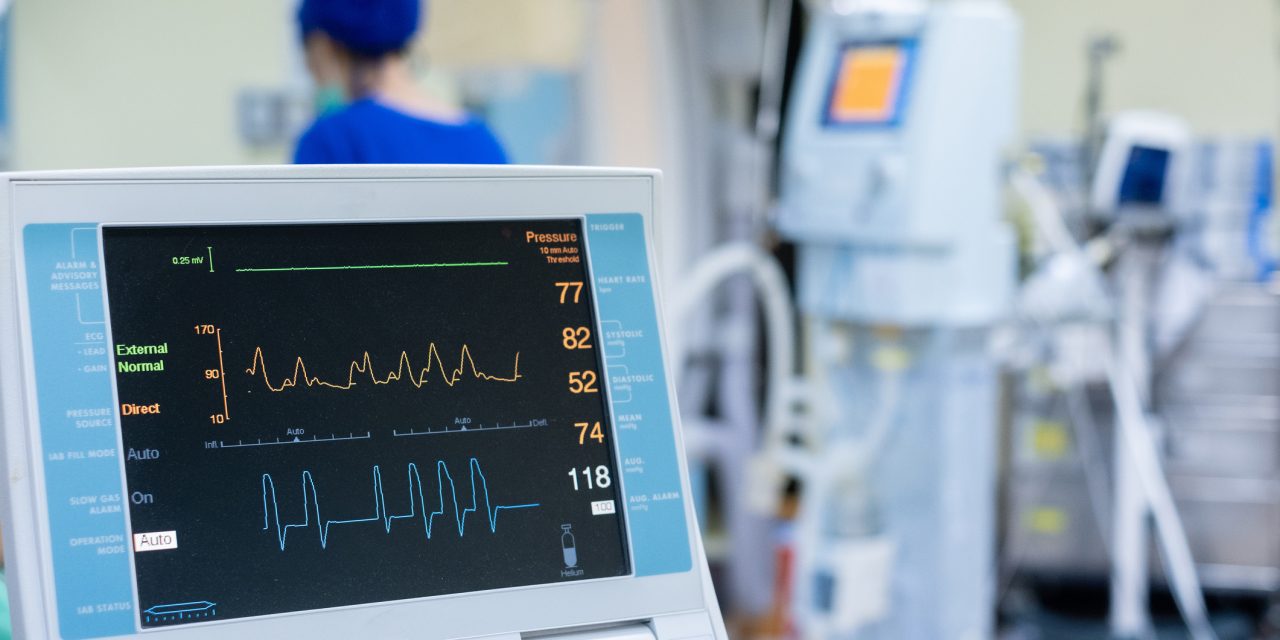The COVID-19 pandemic is especially challenging for severely affected patients who require sedation and intubation. Although sedation’s potential benefits with volatile anesthetics in patients have been discussed lately, isoflurane administration in patients with COVID-19 induced acute respiratory distress syndrome (ARDS) has not yet been reported. A retrospective study was conducted with the patients admitted between 4th April to 15th May 2020.
Five patients were included, who were previously diagnosed with severe acute respiratory syndrome coronavirus two infections. Clinical data such as demographic data, volatile sedation duration, ventilation variables, sedative doses, laboratory results, sedation level, prone positioning, and outcomes were recorded using a patient data management system. The mean age of the patients (one woman, four men) was 53 years, whereby the mean duration of isoflurane sedation was 103 hours. The data also demonstrates a significant improvement in the oxygenation ratio when using isoflurane sedation. As assessed by the Richmond Agitation and Sedation Scale, profound sedation was rapidly and closely controlled in all patients, and the subsequent discontinuation of IV sedation was possible within the first 30 minutes. No adverse events were detected.
The findings clearly demonstrate the feasibility of isoflurane sedation in 5 patients suffering from COVID-19. In this first report of applying volatile sedation in patients with C-ARDS, feasibility of isoflurane sedation was demonstrated in five cases. The use of volatile isoflurane achieved the required deep sedation and reduced IV sedation, accompanied by improved pulmonary function.


